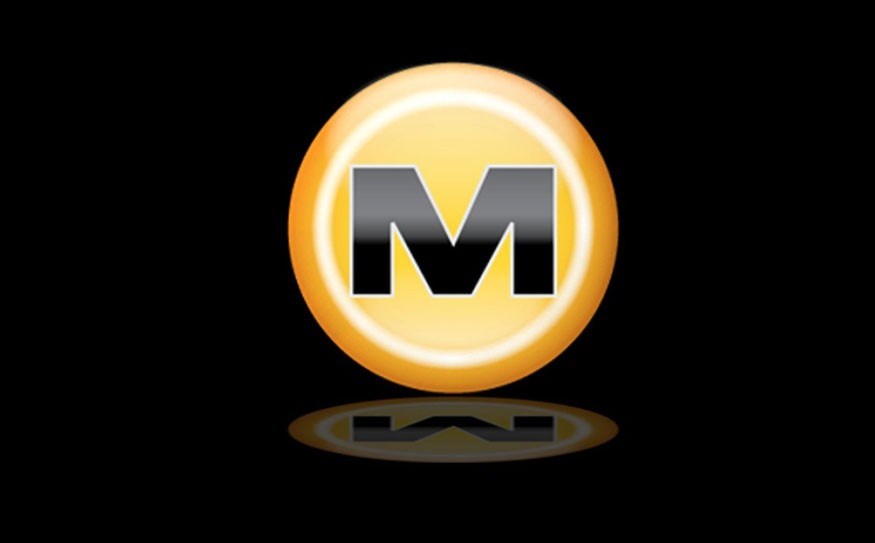Kim Dotcom is everything wrong, and everything right, with the Internet today. Ruthlessly inventive and self-promoting — he changed his name to "Dotcom" from Schmitz, if that tells you anything — Dotcom is something of a pirate. He's been a hacker. He's been sentenced for computer fraud and espionage, and he got a suspended sentence in 2003 for insider trading and embezzlement.
In January 2012, he was the subject of a (totally gratuitous) SWAT-team style takedown at his home in New Zealand after being accused of defrauding the entertainment industry of half a billion dollars through Megaupload, a torrent site with over 180 million users when it was shut down. He's still fighting charges related to that arrest, which suggest that Megaupload did more than create a forum for copyright infringers, but actively and knowingly took part in infringing activities.
So what do you do when the authorities are trying to pin massive infringement charges on you and the FBI is working to extradite you to the U.S.? If you're Kim Dotcom, you go back to the drawing board. Last week he launched a new cloud service like Dropbox that has been subjected to all kinds of legal tests. Because Mega encrypts all of your data, nobody can claim that they're aiding and abetting copyright infringers. People can share materials by sharing the encryption key with others, but again everything is done in a blind way so Mega ostensibly doesn't know what's going on.
Except... they kind of have to. In their own terms of use, Mega said they reserve the right to delete duplicate files as a way to save space. Rather than hosting 500,000 copies of the same bootleg movie or television show, they'll host that file once and issue 500,000 different links to the same file. But if everything is encrypted, then how is this possible? How can Mega delete duplicate files if they don't know what's in the files, as they claim?
The best you can say about Mega is that it isn't technically illegal, and making it illegal would stray into some very uncomfortably territory for democracies when it comes to issues like privacy, free enterprise, free speech, international copyright law and other similar themes. On the surface, Mega — which gives users 50GB of free cloud space, about 25 times what's available for free on Dropbox — really does have legitimate uses. There are all kinds of valid reasons people would want to back up their personal files using encryption. But there's also no doubt that it will be used for lots of illegal activities, from copyright infringement to storing and sharing child pornography.
In fact, it's a safe bet that most of the content on Mega's servers will probably be illegal in some way, though right now there's little the authorities can do about it. They can demand Mega hand over content, but all they'll get is a bunch of encrypted data they don't have the key for.
Visit https://mega.co.nz to check it out. The interface is somewhat clumsy and it doesn't seem to work well with all the web browsers yet so Chrome is recommended. There's also no mobile access yet, but Mega says it's coming. If you're signing up so you can get infringing material, it's also unsearchable, so you'll have to seek out others that can send you links and keys for the materials you're looking for — something that's inconvenient by today's standards, but is the main reason Mega might work where Megaupload failed.
My own recommendation is to be cautious. When Megaupload was taken down a lot of programmers that were using the platform collaboratively lost all their work, while others lost other legitimate materials — a fraction of a per cent of the total data, but legitimate all the same. Use Mega if you must but back everything up — laws change, loopholes close and Mega may not be long for this world.
PCs not going anywhere
I have a tablet. I have a smart phone. They're nice. But in terms of actual productivity, I'll stick with my PC.
Over the years we've heard dire things about the PC market, and how many people are opting for tablets and other alternatives these days — and the commercials really do make it seem like tablet is a productive thing to own, when my experience is that they're ok for games and entertainment and not particularly great for anything else. Tablets are not going to replace PCs any time soon.
Deloitte Canada recently released a study last week on how Canadians are using the technology they own and they confirmed as much — people spend the majority of their time using personal computers both at work and at home, even for low-impact activities like surfing the web. In other words, the time we spend with our gadgets can generally be summed up in minutes per day, while we use our computers about 70 per cent of the time.
While the results of the study may seem obvious, the key message is to look at your priorities. It's better to spend your budget on a tool that you'll use a lot — a powerful PC with a big screen, capable of running games — vs. an expensive gadget that can do a few things well.




